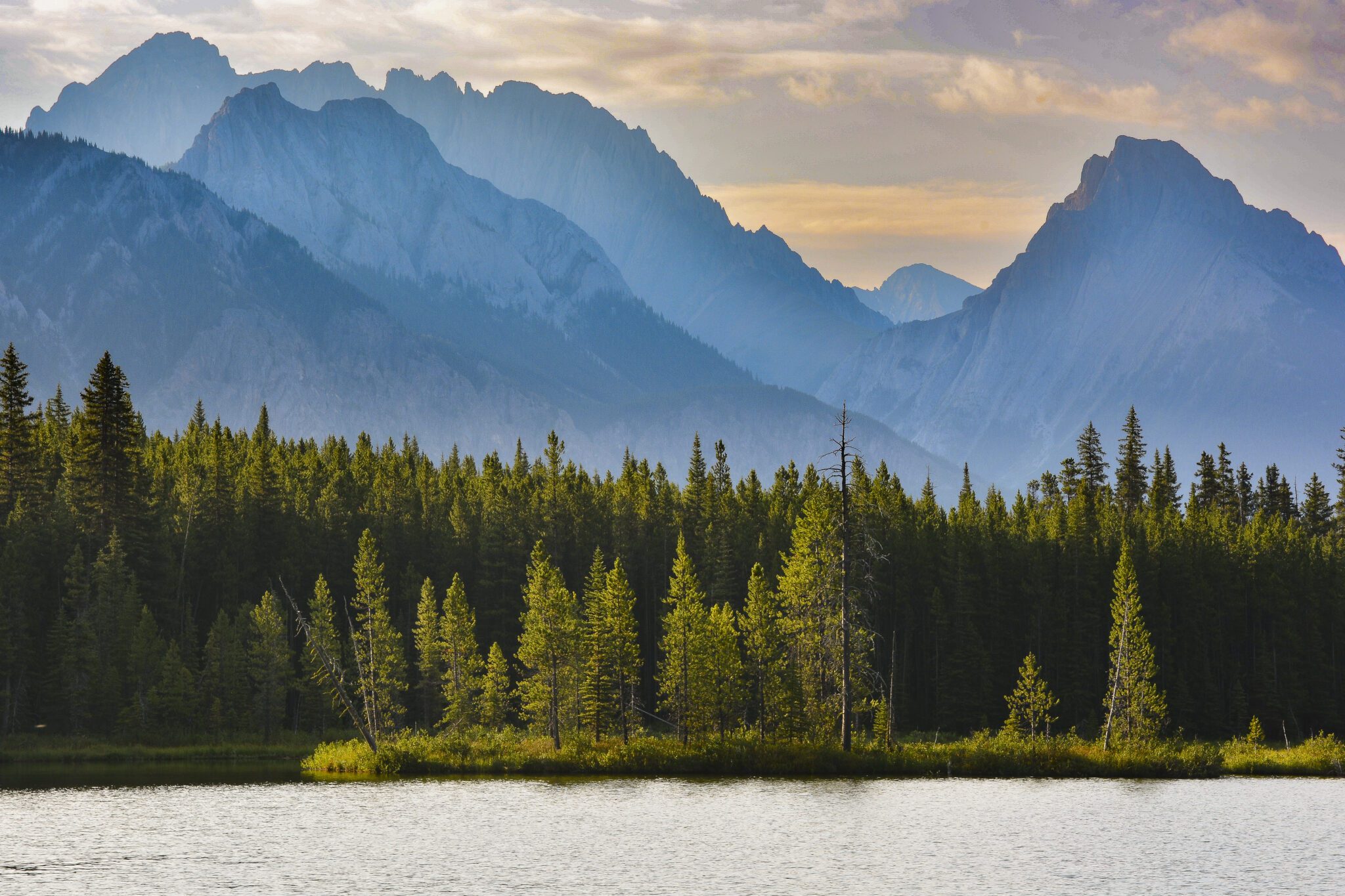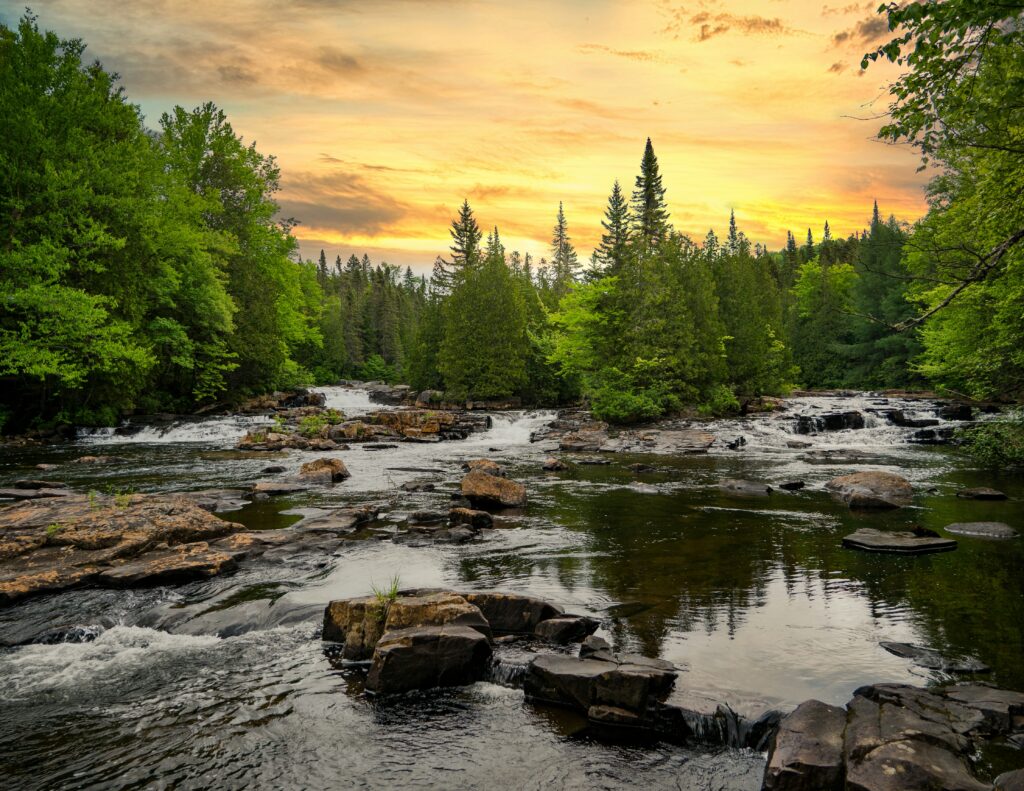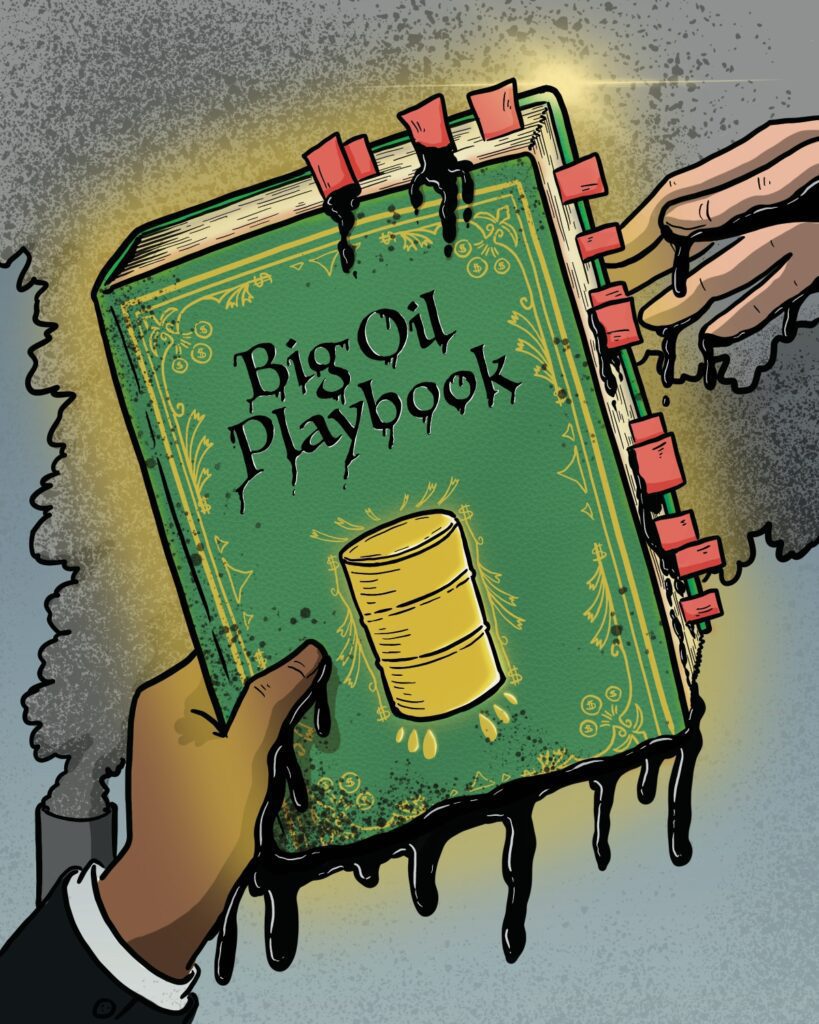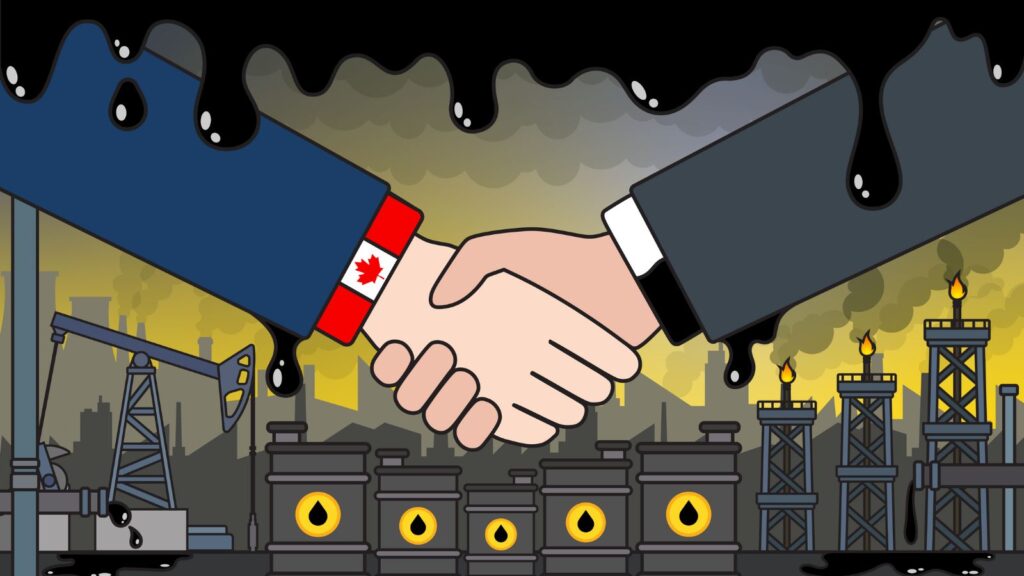Once again, Alberta Premier Danielle Smith has made the pipeline debate about Canadian sovereignty. “This is a test,” the Premier told the media, “of whether Canada works as a country.”
That’s some pretty rich embellishment coming from a premier who is cozy with her province’s separatism movement, and who has been holding a series of town halls thinly veiled as exploration of Alberta’s place in confederation, which are really to rage-bait those who want to see Alberta go it alone.
Before we find ourselves in a real crisis of confederation, PM Carney should call the premier’s bluff. That’s what this is: a bluff, and a dangerous one, both for Canada and for Alberta.
Let’s play this out. What if the PM, with the strong support of BC Premier David Eby, and the coalition of Coastal First Nations across whose sovereign land premier Smith wants to tread, comes to the logical conclusion that the conditions for support for another new pipeline – on top of the one Canada just paid $36 billion to build – simply don’t exist?
Worst-case scenario: premier Smith decides to follow through on her threat, joins with the separatists in the Alberta Republican Party, and begins the process of yanking Alberta from Canada. Bear with me, regardless of how ridiculous this sounds.
It’s not easy to secede from Canada. Ask Quebec. Let’s say, for argument’s sake, Alberta manages to navigate the constitutional, financial, societal, and legal requirements to leave Canada. It could then approach its neighbour to the west about a pipeline to the coast of Canada. A Canada that Alberta is no longer part of.
BC would almost certainly tell Alberta to take a flying leap. BC and Canada would be under no obligation even to consider a pipeline. Alberta would have no constitutional recourse, like it has now within Canadian confederation.
The threat of succession is a double-edged sword because Alberta would almost certainly be killing any hope of a pipeline across the remaining provinces if it chose this path.
And there is the issue of Indigenous sovereignty. Indigenous treaties in Alberta (Treaties 6, 7, and 8) were signed with the Crown in Right of Canada, not with provinces. These are constitutionally protected under Section 35 of the Constitution Act, 1982. In international law, when new states are created, there’s a principle of “state succession” where treaty obligations typically transfer to successor states. However, how this would apply to Indigenous treaties is unprecedented in Canadian law.
The complexity of negotiating new rights agreements with Indigenous nations that span the current Canada/BC border, and how international indigenous rights frameworks might apply in this hypothetical – and frankly ridiculous – situation, should be enough to put to bed this hyperbolic discussion. If premier Smith finds it frustrating trying to ram a pipeline down the throats of sovereign indigenous nations now, imagine what that experience would be like when Alberta is its own small country rich in resources that, within a decade or two, will no longer have much or any value.
Will Prime Minister Carney call the premier’s Bluff? No. The PM seems transfixed with capitulating to Alberta over a commodity that he himself has said has to be phased out, and quickly, to preserve life on earth. But the rest of us should remind the premier and her shadow constituents in the Alberta separatist movement that Canada works because provinces can stand up to one another and advocate for what they believe is in the best interests of all Canadians, and not just a select few.








